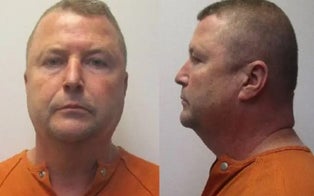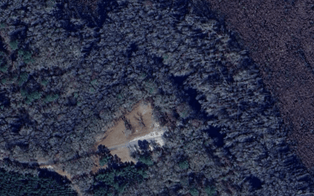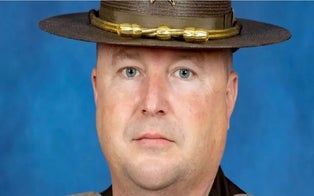INSIDE EDITION talks to experts about surviving a nuclear blast and how to prepare yourself.
It's the scenario we dread, terrorists detonate a nuclear bomb in a U.S city. Hollywood depicts how they envision this disaster. But if it really did happen, would you know what to do?
Irwin Redlener is a disaster preparedness expert at Columbia University.
"People should not feel that they're doomed," says Redlener.
Redlener told INSIDE EDITION you should find shelter in the core of a building, away from all windows.
To avoid fallout you should also be at least three floors up. And at least three floors from the roof. Ignore the grime, like the room where our volunteers gathered, it could be a lifesaver.
"It's not all that attractive but there's no windows, and there's a lot of distance between all of us right now and the outside," says Redlener.
An underground parking lot or basement is also a good place to seek shelter.
Even sitting in a parked car is better than being out on the street exposed to the fallout.
It's estimated that if a nuclear device were detonated in Los Angeles, the fallout would cause 280,000 deaths and injuries among people who didn't take shelter. That number would be cut by more than half if people simply stayed in a car.
The government recently issued new guidelines on responding to a nuclear attack.
The reports stress that sheltering is the best first response even though "sheltering goes against natural instincts to run from danger".
So how long should you stay inside?
"If you stay in shelter for somewhere between four hours, and maybe 24 hours you can be in a position where it's safe to leave. And then we're gonna go to where officials tell us," says Redlener.
Authorities say there's even a special way to shower if you think you've been exposed to fallout.
Federal guidelines say you should bend your head forward, to direct water away from the body.
Use a sponge or washcloth, not just soap. They're more effective in removing fallout.
Tips that could be key if the unthinkable happens.
"A little bit of knowledge is absolutely lifesaving when it comes to nuclear terrorism," says Redlener.
For more information on being prepared for a nuclear disaster go to: Planning Guidance for Response to a Nuclear Detonation






